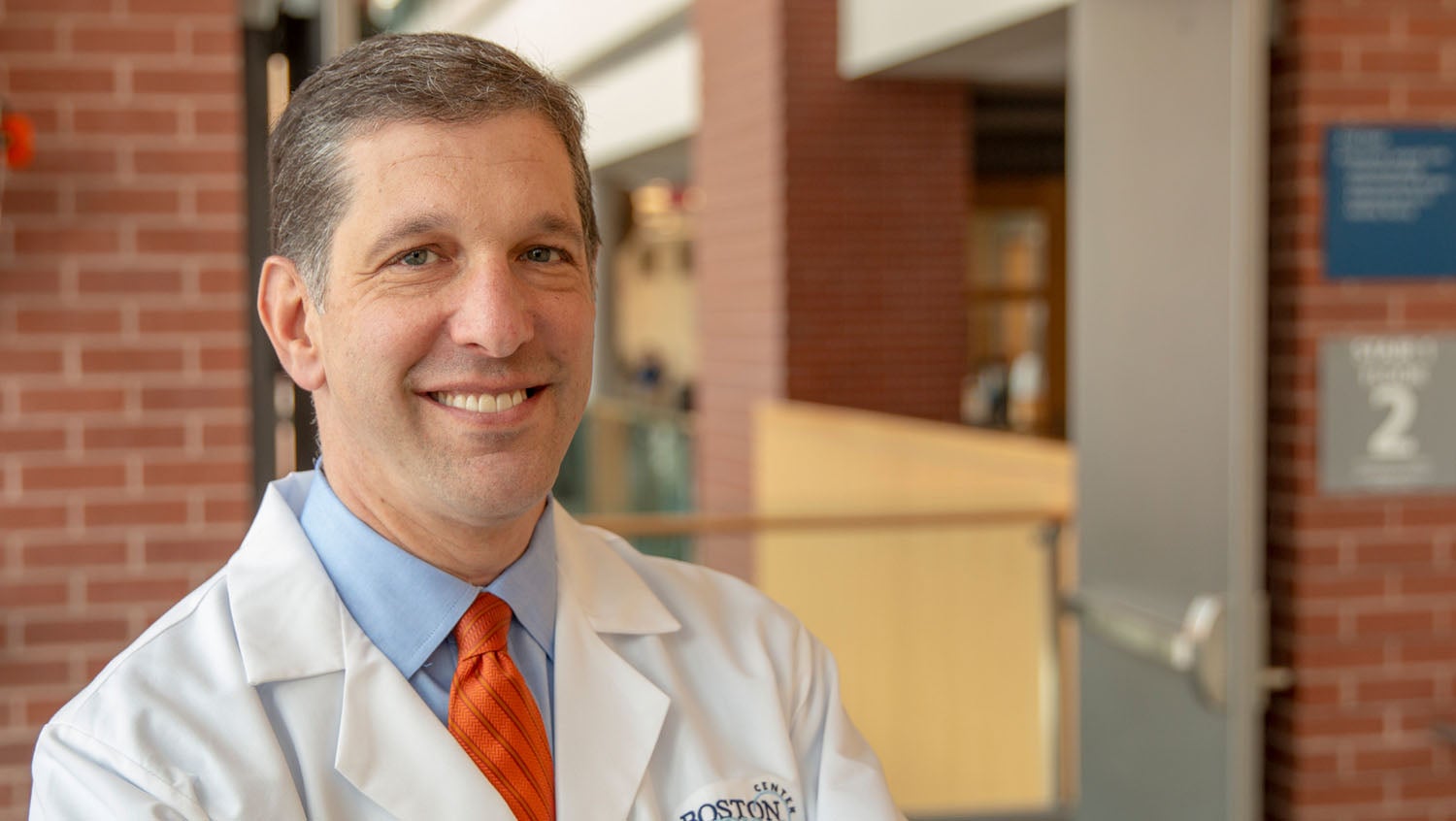
Matthew Morris
A unique approach in delivering trainee healthcare is the latest in the effort to ameliorate physician burnout.
While burnout can be a danger in any profession, it is particularly widespread and impactful for physicians and physician trainees. Research has suggested that over 45% of residents experience long-term and unresolvable job stress, exhaustion, or lack of personal connection to work.
Residency often entails long working hours dealing with complicated and mentally exhausting medical and social problems, on top of extensive documentation and data entry duties that have become the professional norm. Trainees may neglect their own healthcare, often due to their busy schedules or a lack of a primary care physician. All these issues can lead to burnout, which is associated with a higher rate of medical errors, more adverse events for patients, and provider mental health problems. In fact, burnout can be so problematic that some doctors have chosen to leave the field, contributing to the growing shortage of providers.
In short, burnout is a significant problem requiring dedicated and creative attention.
Boston Medical Center, a large safety-net hospital and academic medical center, is trying something new in the ongoing efforts to reduce physician burnout, and it’s starting with the class of interns coming in June 2019. Their initiative to invest in the wellness of trainees during orientation gained widespread attention due to a tweet that Jeff Schneider, MD, an emergency department physician and chairman of Graduate Medical Education at Boston Medical Center, posted in early May. As the tweet gathered 315 likes — more than twice his number of followers — and over 28,000 views, it was clear Schneider had struck a chord with the healthcare community.
HealthCity sat down with Schneider to discuss this initiative, and what he hope the impact on trainees, employees, and patients will be.
HealthCity: How did the idea to provide a primary care appointment to interns during orientation first come to be?
Jeff Schneider, MD: We had data from previous wellness and vitality surveys that shows one of the biggest drivers of resident wellness and burnout is inability to take care of their healthcare. That prompted the first discussions around it.
Most of our interns are 20- or 30-something and healthy, so they don’t take advantage of routine healthcare very often. But we wanted to make it easier for residents to take care of their healthcare when they need to. We had to get the program directors who are running their departmental orientation to understand this is happening, so that people aren’t missing parts of their orientation. I didn’t want to make an intern feel badly or like they were missing out on something with their department by taking care of their health.
HC: What sort of impact do you hope this trainee health initiative will have for the incoming class?
JS: I still think being an intern and being a resident is really hard. In no other job in the world do they cap you at 80 hours. When you tell normal people about that, they say that’s ridiculous. I can understand that.
I think that BMC has done really well to get the interns and residents to feel like we’re part of a family here. Do we still have problems with trainees working long hard hours? Yes. But I think getting to the culture of “we’re all in this together” is really important. The prevalence of burnout among our residents is really high, as it is at most institutions. If there are things that we can do to address that, we should. It’s better for our trainees. It’s better for faculty. And probably most importantly, it’s better for patients.
HC: Can you walk us through the details? What can interns expect?
JS: The orientation appointment is not necessarily going to be the whole kit and caboodle like we all have when we go to our primary care doctor — part of it might be just having a familiar face so that when they do need a PCP six months from now, they have someone to go to, maybe for a refill of their blood pressure medication or antidepressant medication, or for family planning reasons. Now they’ll have someone to help guide them through that process.
Our hope is that the appointment also serves as an overview of the resources, both for medical care and mental health care, that are available on campus for trainees.
HC: What lessons have you already learned as you’ve set up for this new PCP offering to trainees?
JS: When we started this, we didn’t know whether, of the 140 trainees we offered it to, two of them were going to say they want to do this, or 120 of them were going to. There’s really no data to guide us.
We had to have a practice manager start to think about blocking schedules on this particular day for orientation. We had to figure out how we were going to collect all this data from the 140 incoming trainees, and what do they actually need? They don’t actually have health insurance yet — they aren’t even our employees yet. How are we going to get the medical record numbers before they arrive? Imagine if we had to say “We’re so glad you’re here, and here’s a huge bill for going to see your doctor!” It would not be a nice welcome to the hospital.
When I first embarked on this project, I didn’t have a full understanding of all that goes on behind the scenes. I’m a physician — I’m used to seeing a patient, discussing a care plan, and completing their chart. I really had a pretty shallow understanding of all the mechanics that went on afterwards to make sure that the patient gets a correct bill. Fortunately, I was able to find the right people who understood the process and could actually make the idea become a reality — from the GME office to the clinic managers to those in the benefits office to those in revenue cycle. It really did take a village!
HC: Why do you think anybody might not take advantage of this?
JS: As part of our follow up, we’re going to ask interns why they didn’t want to participate and what the barriers were. I think some may already have a PCP, so they don’t want one at BMC, which is fine. We also told the residents you can get BMC health plan for free, and I think part of their assumption is that if it’s free it can’t be any good — which is surely not true!
I also think other people have some concerns about privacy and getting your healthcare at the place you work. So we give them an option between internal medicine and family medicine. If they are an internal medicine resident, for example, they might not want to see one of their preceptors, for obvious reasons. We give them an option of a male provider or female provider. They have a choice between an MD and an APP. We’re also doing work to make sure that their medical records are held to the same tight confidentiality standards that any of our other patients expect.
HC: What do you see as the next step in reducing burnout rates?
JS: There’s never going to be a day when I walk into work and say “Resident and fellow wellness, we’re done. Now I will tackle world hunger.” It’s always going to be journey.
If we can show value in this, then the next step is to try to bring it to scale with all our residents and fellows. Others have also asked if this should be part of onboarding for all new hires, because the health, resilience, and wellness of our employees is so important to us as an organization. Susannah Rowe, our wellness and vitality chief, and the team around her have done a lot of work to figure out other areas that we need to grow and expand to meet the needs of our employees, and to make all aspects of mental health, physical health, and wellbeing easier for employees to access.


